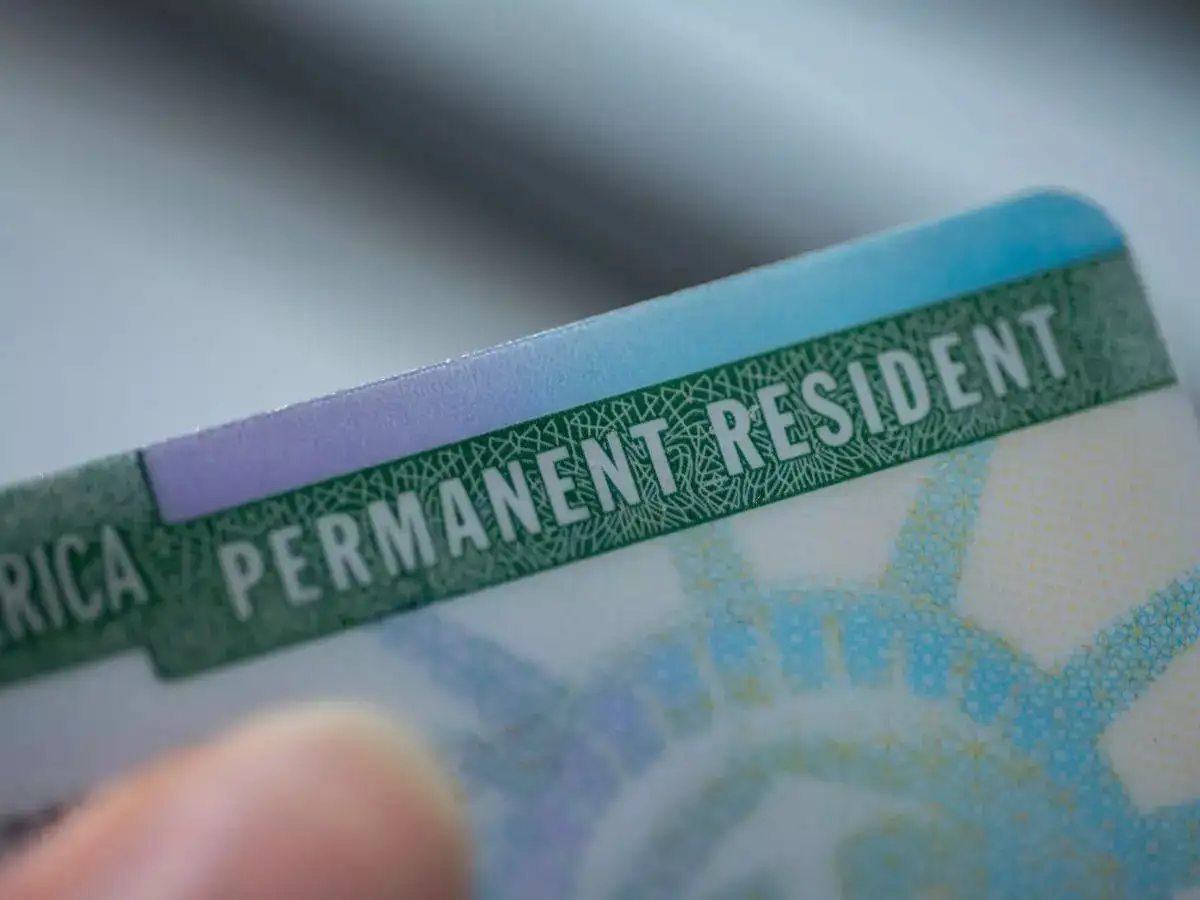USCIS Warning: Common I-485 Errors That Can Delay Your Green Card Approval
Meticulous completion of Form I-485, particularly the public charge section, is critical for all Green Card applicants to ensure timely approval and avoid costly delays.
Subscribe to our newsletter and stay informed about latest H1B news, policy updates and and other developments.
Article Summary
USCIS has issued an advisory urging Green Card applicants to meticulously complete Form I-485, specifically the public charge inadmissibility section, to prevent rejections or processing delays. The agency highlights that errors or omissions are a common cause for setbacks in the adjustment of status process. This guidance follows recent H-1B visa changes, including a new $100,000 annual fee introduced by the Trump administration.
Original Article: economictimes.indiatimes.com
[ Sentiment: neutral | Tone: factual ]
This summary and analysis were generated by TheNewsPublisher's editorial AI. This content is for informational purposes only; it does not constitute legal or immigration advice.
[ Sentiment: neutral | Tone: factual ]
This summary and analysis were generated by TheNewsPublisher's editorial AI. This content is for informational purposes only; it does not constitute legal or immigration advice.
TNP AI: Key Insights
This USCIS advisory is critical for skilled professionals and their employers, as even minor errors on Form I-485 can lead to significant processing delays, impacting employment authorization, travel, and overall career stability. The emphasis on the public charge section highlights a continued focus on applicant self-sufficiency, a policy area with a complex recent history under varying administrations.
While the specific form is U.S.-centric, the principle of rigorous application review and the high cost of errors resonate across global skilled immigration systems. This reminder serves as actionable intelligence for individuals to prioritize meticulousness, especially given the backdrop of fluctuating immigration policies and potentially rising application costs, as suggested by the article's mention of H-1B fee changes.





